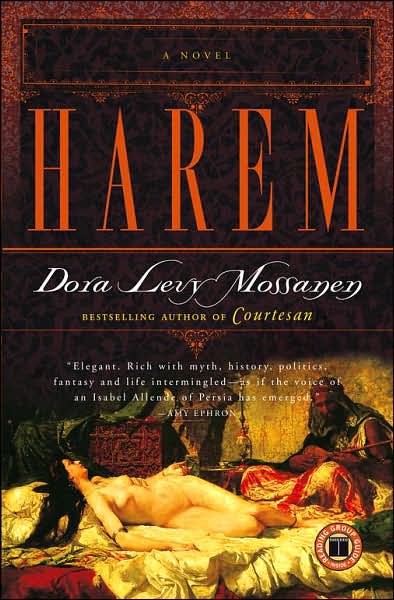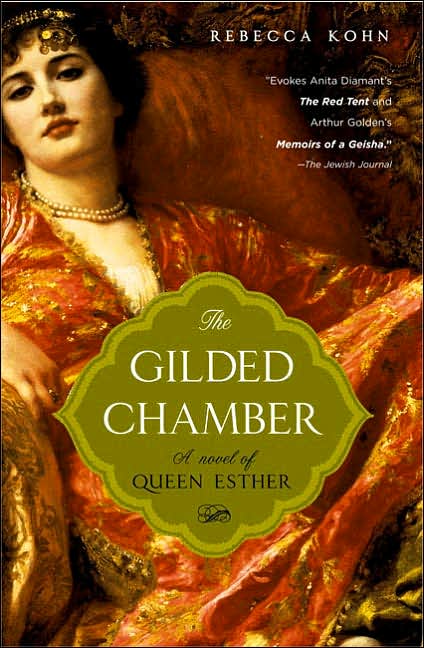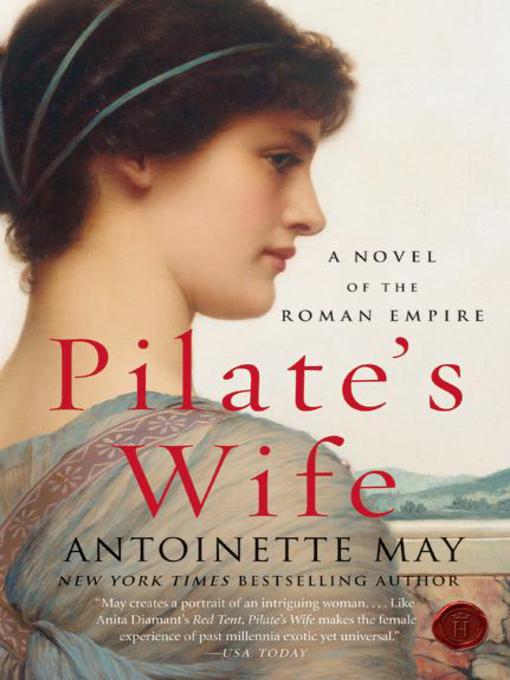
"A seductive and intriguing journey from the humble Persian Jewish quarter to the fascinating world of shahs, soothsayers, eunuchs, and sultanas, Harem follows three generations of strong-willed and cunning women: Rebekah — a poor girl married to the abusive blacksmith, Jacob the fatherless — who emerges from her disastrous match with a mysterious brand between her breasts; Gold Dust, Rebekah's treasured daughter, who enters the opulent and perilous world of the harem and captivates the shah with her singing bones; and Gold Dust's daughter, the revered and feared albino princess Raven, who will one day rule the empire.
Rich in visual imagery, Harem vividly depicts the exotic bazaars and dangerous alleys of the city and palace chambers brimming with conspiracy and betrayal — as well as love and redemption. A skillfully crafted, intricately textured novel, Harem represents the beginning of a remarkable literary career."
(Synopsis from the back book cover.)
Harem is the story of Rebekah, Rebekah's daughter Gold Dust, and Gold Dust's daughter Raven. Rebekah is a strong-willed and strong-hearted woman who takes fate into her own hands. Gold Dust is her treasured daughter who enters into the king's harem and charms his heart. And Raven is the albino princess with a lust for violence.
I loved this book! During my school's "Dead Week" and week of finals, I wasn't planning on indulging in any books. But this one was left behind, so I picked it up and read one day when I had a free moment. I was hooked immediately. So throughout those two weeks, I occupied my spare time with this riveting story.
Mossanen is an expert storyteller who intricately weaves together the lives of Rebekah, Gold Dust, Raven, Jacob the Fatherless, the shah, other women of the harem, and eunuchs. I really enjoyed te way Mossanen wrote the story, how the scene jumped from centering around one character to focusing and getting inside of another character. It is all told in third-person, but it really gave an intimate and realistic insight into each person in the story. The novel was all the richer and more intriguing for that. Harem is full of beautiful language, elaborate descriptions, and strong female characters. And I relished the bit of magic that's thrown in.
I really admired Rebekah's strength of will and heart. Gold Dust was my favorite throughout the story for her beauty, strength, and desire for love. And Raven tested me---one moment I feared her, another I pitied her, and yet another I was extremely proud of her.
This is a quick, compelling read. Once you pick it up, you can't put it down. And those are the best kind of books!
Amore.
This is a quick, compelling read. Once you pick it up, you can't put it down. And those are the best kind of books!
Amore.















